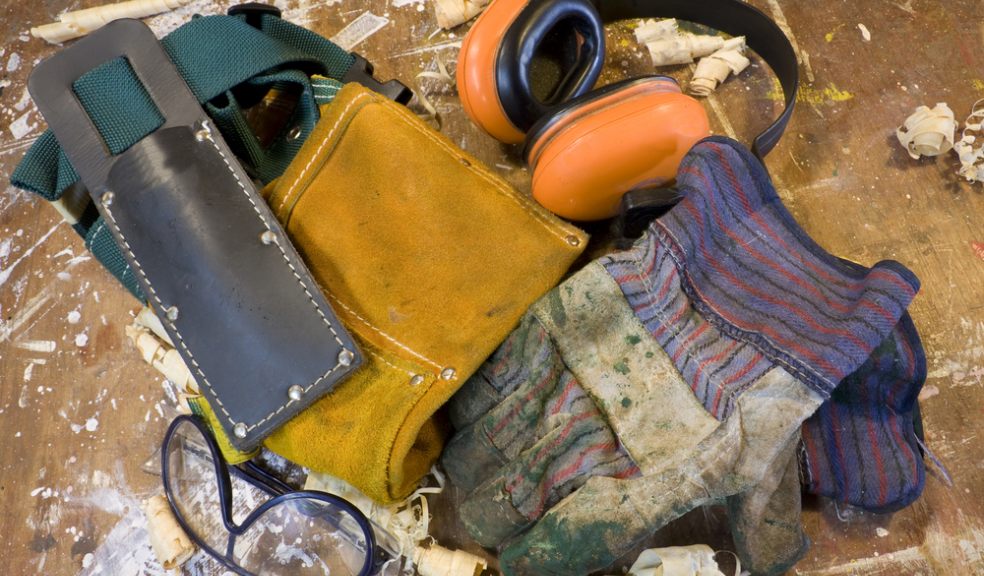
Exeter builders merchants give their tips on achieving DIY success
According to the Royal Society for the Prevention of Accidents, over 200,000 people turn up at casualty each year due to DIY mishaps. This includes 21,000 from using a knife or scalpel, 15,000 from using a saw and 6,000 caused by the use of a hammer, meaning that a relaxing bank holiday weekend can turn into a nightmare.
Bank holidays are typically when people try their hand at a spot of DIY and as the long Easter weekend approaches, RGB Building Supplies is offering top tips to ensure that DIYers remain accident free.
Rob Allen, Operations Manager at RGB Building Supplies, said:
“A long weekend is always popular for DIY as it gives people the chance to get jobs done that they have been putting off. Whilst we would always encourage people to have a go and do it themselves, we also want them to be safe and follow some basic safety advice.”
Here are RGB’s top tips for staying safe during DIY tasks:
- 41,000 people are injured using a stepladder each year, so never lean or stretch to complete a task, when simply getting down and moving it closer will be a lot safer. Also, always have someone on hand to hold the ladder and keep it stable.
- In excess of 3,000 injuries are caused by power tools every year, so knowing how to use the equipment is extremely important. Read the instructions and be aware of all the features, paying particular attention to the safety aspects.
- Think about the materials you will be using and dress accordingly as grit, dust and dirt cause 60,000 people to visit casualty every year. Wear a dust mask and safety goggles if necessary, tie long hair back and remove jewellery so nothing can be caught.
- The task of drilling a hole may sound simple, but it causes over 3,000 people to make a trip to hospital. There are devices that can be bought that will indicate whether there is a wire behind where drilling, but as a general tip don’t drill above or below light switches and plug sockets. Around a radiator is also out of bounds as this is where water pipes will be and will flood a house if drilled into.
Rob continued:
“Maybe the most important thing to remember is if the job is too big, or you just don’t know how to do it, speak to the experts. We are always happy to chat through a project with customers ensuring that they have the right equipment and supplies, including safety equipment and the correct protective workwear. Alternatively, we can always recommend a professional tradesman to undertake the job if someone feels it is just that little too much for them.”
RGB’s Exeter branch is based on Alphinbrook Road.




















